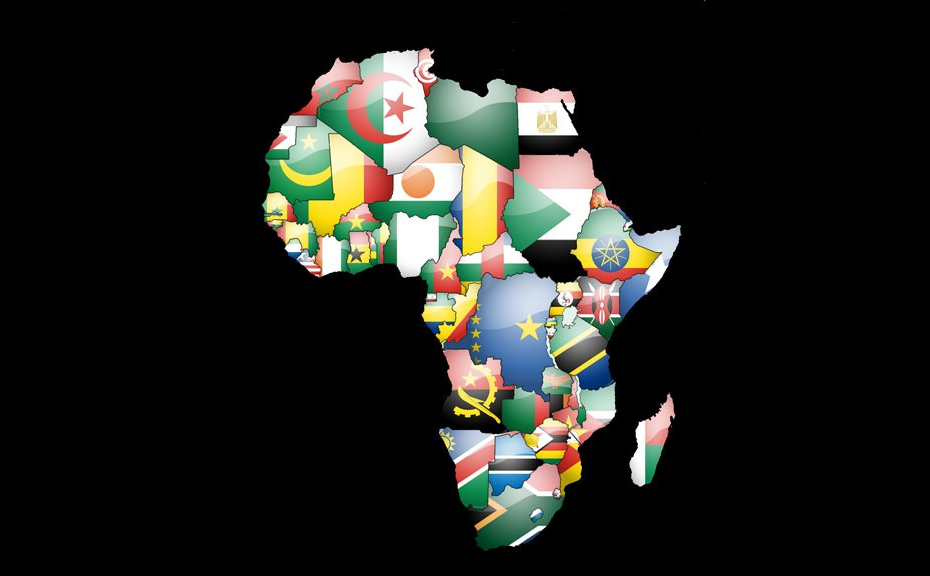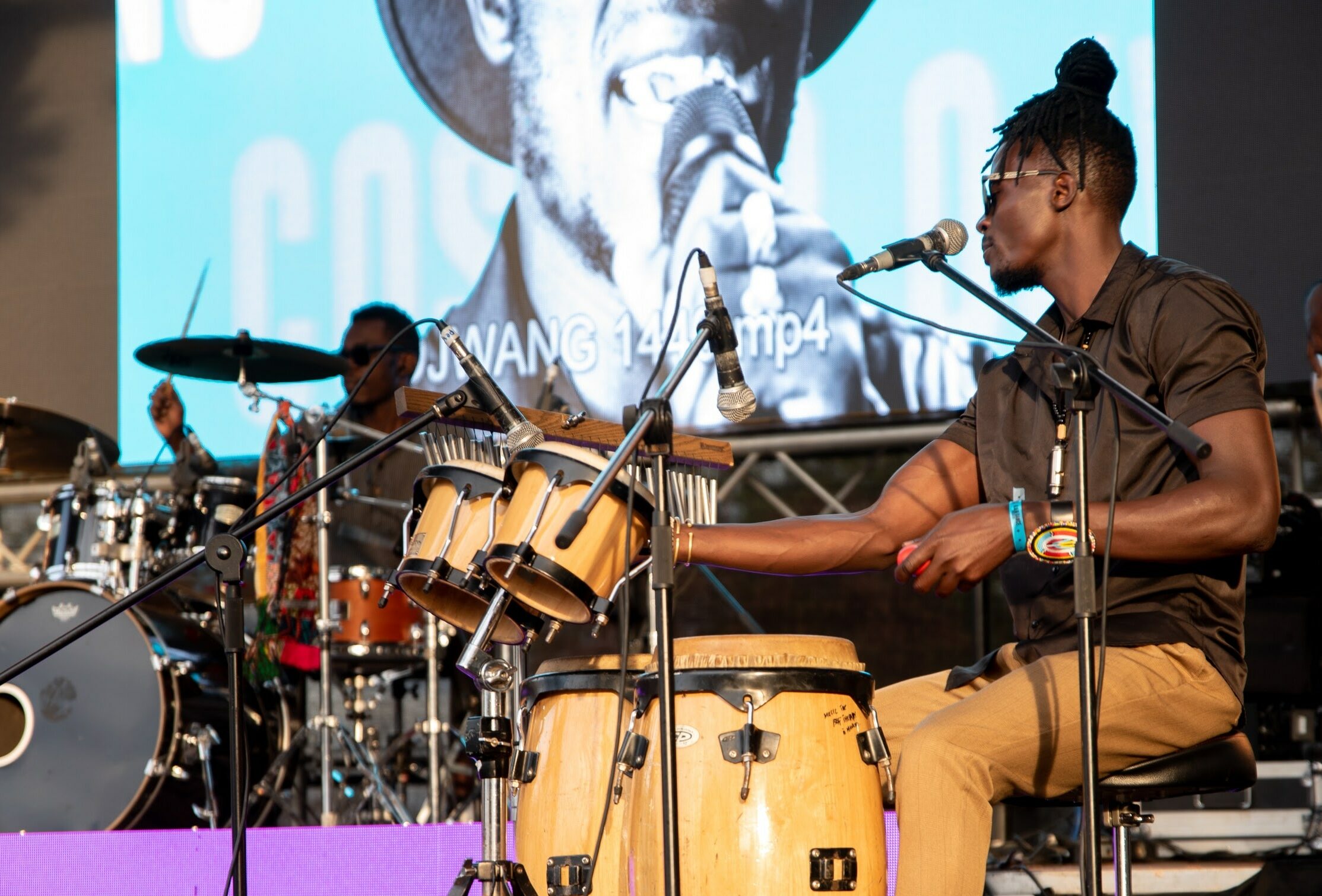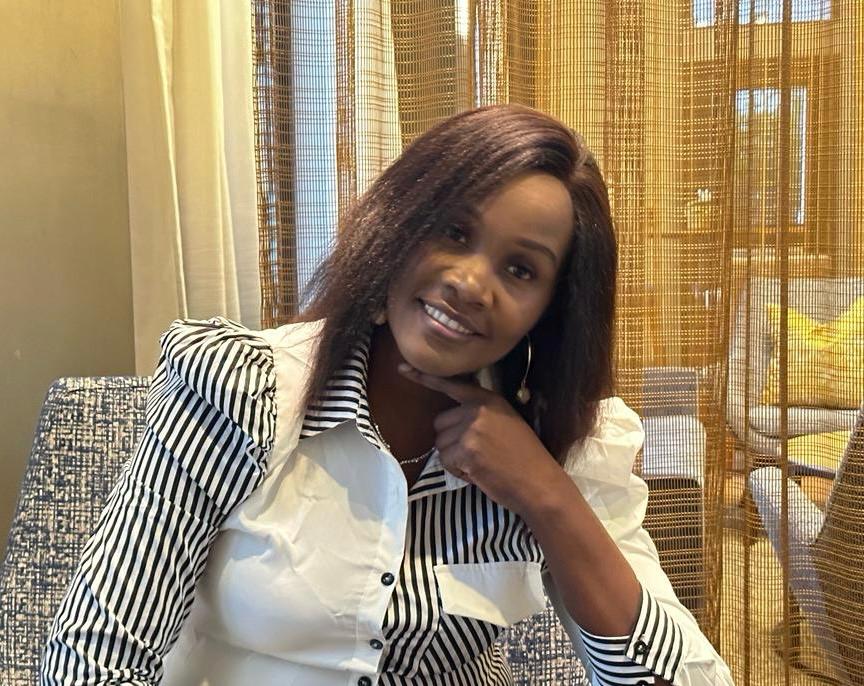Africa, a continent rich in history, culture, and natural beauty, often battles against misconceptions and stereotypes that fail to capture its true essence. It’s time to peel away the layers of misconception and explore the vibrant continent that Africa truly is. In this post, we want to challenge common stereotypes and shed light on the diverse realities of Africa.
Common Misconceptions about Africa
Africa, often portrayed as a monolithic entity in the media, is a continent of 54 distinct countries, each with a unique culture, history, and challenges. Let’s address some of the common misconceptions:
Africa is a Country
One of the most pervasive misconceptions is the belief that Africa is a homogeneous entity. In reality, Africa is a continent of diverse nations, each with its distinct traditions, languages, and identities. Generalizing the entire continent oversimplifies its intricate tapestry and undermines the unique contributions of each nation.
All Africans are Poor
A common stereotype perpetuated by the media is that Africa is a continent mired in poverty and desolation. While it is true that certain regions face economic challenges, Africa is also home to rapidly growing economies, urban centers, and a burgeoning middle class. Many African countries are making significant strides in development, and it is essential to recognize the diversity of economic landscapes across the continent.

All Africans are Black
While the majority of Africans are Black, it is important to recognize that Africa is a continent with diverse ethnicities and races. Countries like South Africa have significant populations of people of Indian or mixed heritage, while countries in North Africa have large Arab communities. This diversity further illustrates the complexity and richness of African cultures.
All Africans Speak the Same Language
Africa is home to over 2,000 languages, making it the most linguistically diverse continent in the world. The most common African languages are Swahili, Arabic, Hausa, and Yoruba. However, many nations also have their unique languages and dialects. The diversity we see is a true reflection of the rich cultural heritage of each nation, and it deserves to be celebrated rather than diminished to just one language.
Africans are Primitive and Uncivilized
This misconception stems from colonialist narratives that depicted Africa as an exotic and backward land in need of European “civilization.” In reality, Africa has a long history of innovation and advanced civilizations. The ancient kingdoms of Egypt, Mali, Ghana, and Zimbabwe all had complex societies with sophisticated art, architecture, and trade systems. Recognizing that African societies have unique achievements and contributions to human history is crucial.
African Women are Oppressed
While gender inequality does exist in many parts of Africa, it is unfair to generalize the experiences of African women. Women have played significant roles in shaping African societies and cultures throughout history. Women were leaders, warriors, and entrepreneurs in many ancient African civilizations. Furthermore, African women are not passive victims but actively involved in social and political movements for gender equality. Also Read: Women to Celebrate: 10 Inspiring African Women
African Cultures are Primitive
The diversity of African cultures is vast and cannot be reduced to a single stereotype. Each culture has its customs, traditions, and beliefs that have evolved over thousands of years. The notion that African cultures are primitive stems from the biased perspective of Western observers who viewed Africa through their cultural lens. Recognizing and respecting the complexity and richness of African cultures is essential.
Africa is a Dangerous Place
Africa is often portrayed as a dangerous and lawless continent in the media, perpetuating the image of a “dark continent.” While certain regions have challenges and conflicts, it is unfair to paint the entire continent with one brush. Many parts of Africa are safe and peaceful, with bustling cities, beautiful landscapes, and welcoming communities. Acknowledging that Africa is a diverse continent with complexities and nuances is important.
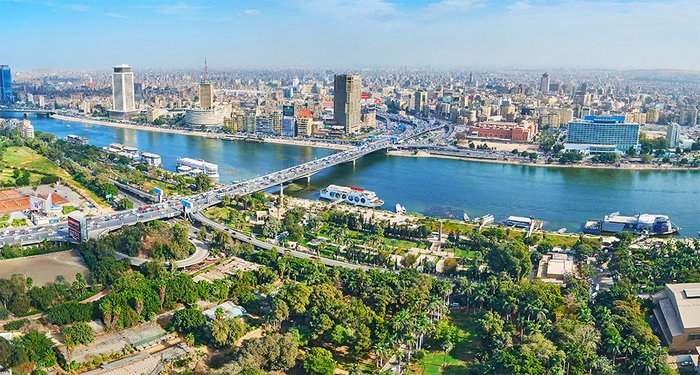
All Africans Live in Huts
The idea that all Africans live in huts is a common misconception perpetuated by Western media. While some rural communities may still live in traditional houses, most Africans live in modern homes and urban areas. In fact, many African cities are at the forefront of technological advancements and have thriving economies. It is crucial to recognize that Africa is a continent with diverse living conditions and lifestyles.
All Africans Wear Tribal Clothing
Another misconception is that all Africans wear tribal clothing. While traditional attire does hold significant cultural and historical importance in many African societies, it is not the only form of dress. In urban areas, Western-style clothing is common, and many Africans mix traditional and modern styles in their day-to-day attire. Additionally, there are over 3,000 distinct ethnic groups in Africa, each with unique clothing traditions. Also Read: African fashion: The unique tapestry of heritage and creativity
All Africans are Uneducated
Education is highly valued in many African societies, and the continent has made significant strides in improving access to education in recent years. While there are still challenges in providing quality education for all, there are numerous success stories of educated Africans positively impacting their communities. Many African countries have high literacy rates and a growing number of universities and specialized higher education institutions.
Africans are Helpless and Need Outside Aid
The portrayal of Africa as a helpless continent in need of outside aid is another common misconception perpetuated by Western media. While there are certainly challenges and areas for development, many African countries have made significant progress in various aspects such as healthcare, infrastructure, and technology. Africa has vibrant cultures, bustling cities, and innovative solutions to complex problems.
All Africans Have HIV/AIDS
The HIV/AIDS epidemic is a serious problem in Africa, but it does not affect everyone. The prevalence of HIV/AIDS varies from country to country and even within countries. While it is important to address and raise awareness about the issue, it is also crucial to avoid painting all Africans as HIV-positive. This harmful stereotype only perpetuates stigma and discrimination against those living with the virus.
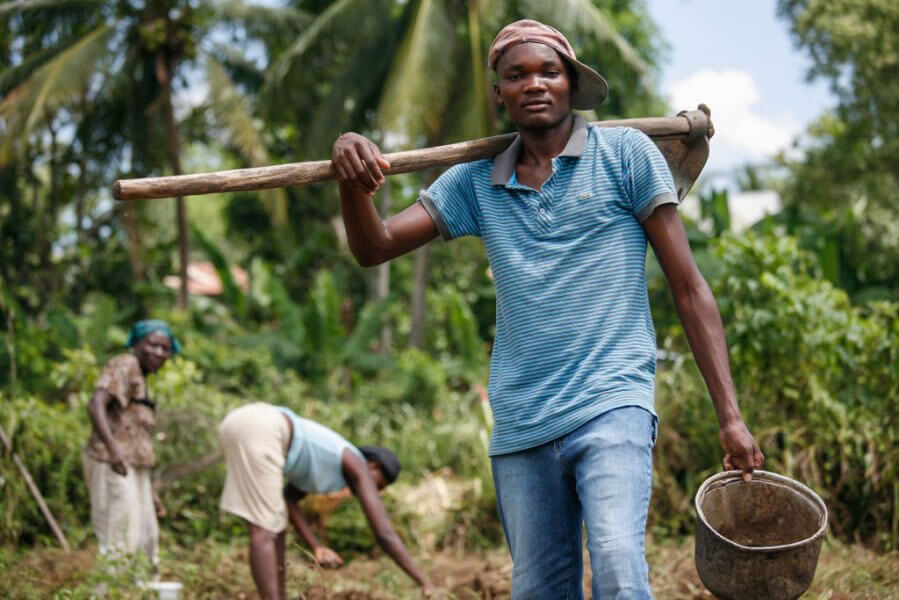
All Africans are Lazy
Another harmful stereotype is the belief that all Africans are lazy and do not want to work. This misconception ignores Africa’s many hardworking individuals and entrepreneurs who contribute to their communities and economies. It also disregards the historical and ongoing exploitation of African labor by colonial powers and corporations. The reality is that many Africans face systemic barriers to employment and economic opportunities, but this does not mean they are lazy.
All Africans are Corrupt
Corruption is a serious issue in many African countries, but it is inaccurate to say that all Africans are corrupt. This stereotype overlooks the efforts of individuals and organizations fighting against corruption and working towards transparency and accountability. It also ignores the role of external factors such as colonialism and exploitation in perpetuating corrupt systems. By acknowledging the complexities of corruption in Africa, we can understand the root causes and work towards creating a more just and equitable society for all.
All Africans are Refugees
This is a misconception that is often used to justify anti-immigration policies. The vast majority of Africans are not refugees. They are simply people trying to make a better life for themselves and their families. Many are displaced due to conflicts and crises, but this does not mean they do not have a right to seek safety and opportunity. It is important to acknowledge the rich diversity that exists within the African continent and avoid making sweeping generalizations that portray all Africans as refugees.
All Africans Want to Go to Europe or North America
While it is true that many Africans migrate to Europe or North America in search of better economic opportunities, this does not mean that all Africans have a desire to do so. The decision to migrate is often driven by various factors such as political instability, economic hardship, and family reunification. Additionally, many Africans choose to stay in their home countries and work towards improving their communities. Migration should not be seen as the only option for progress, and efforts should be made to create opportunities and address the root causes of migration within African countries.
Bottom Line
Challenging and dismantling these harmful myths about Africa and its people is crucial. These false narratives not only perpetuate negative stereotypes but also ignore the complex realities of African societies and hinder efforts toward progress and development. By understanding Africa’s diverse cultures, histories, and experiences, we can begin to break down barriers and promote a more accurate and nuanced perception of the continent and its people. Let us work towards creating a more inclusive and understanding world for all.
So, we can say that Africa is a vibrant and diverse continent with rich cultures, histories, and communities that deserve to be properly understood and represented. It is time to debunk these damaging myths and embrace Africa’s true beauty and complexity.
#AfricaNotOneStory #MythBustingAfrica #AfricanPride #DiversityMatters
Additional Resources
- TEDx Talks
- Youtube
- Global Citizen
- “The Dangers of a Single Story” by Chimamanda Ngozi Adichie
- “How to Write About Africa” by Binyavanga Wainaina
- MYTHS IN AFRICAN CONCEPT OF REALITY
- African women are ready to lead | Africa Renewal
- African Traditional Religion – African Studies

